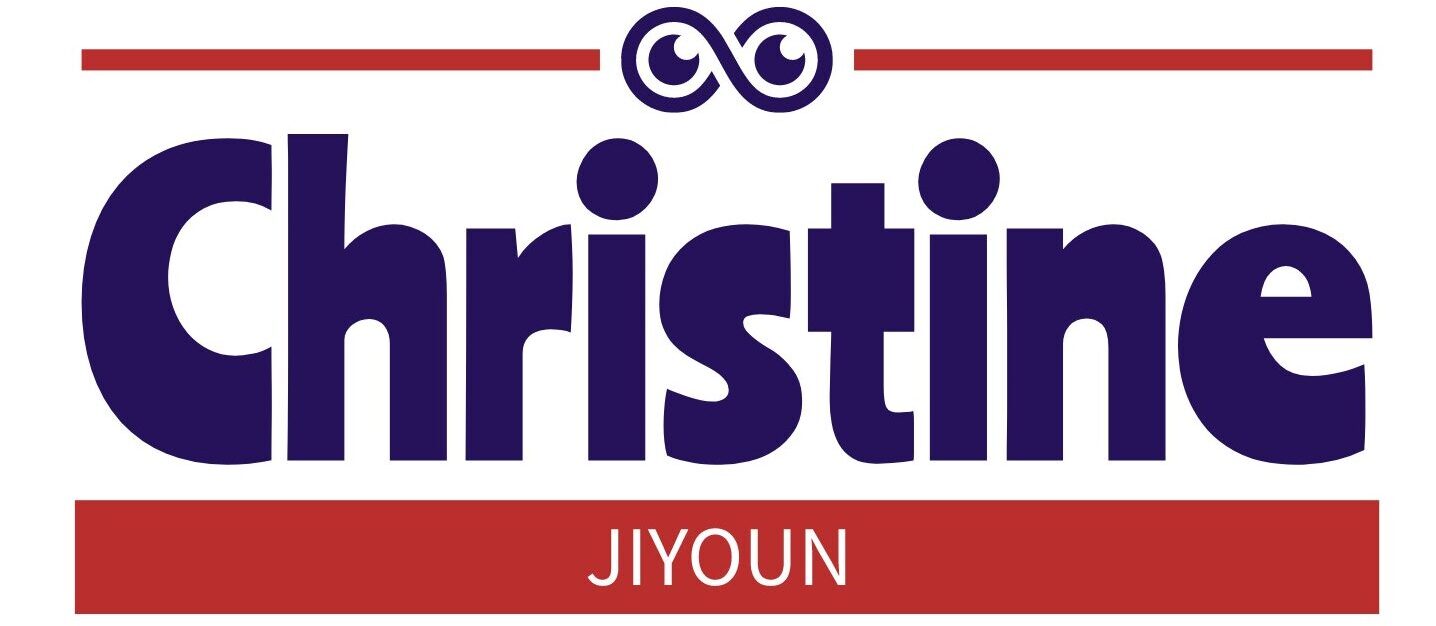Top Strategies to Lower Your Taxable Income and Maximize Savings This 2024 Tax Season
Tax season can be daunting, but with smart planning and strategic actions, you can significantly reduce your taxable income and maximize your savings. As 2024 unfolds, it’s more important than ever to take advantage of tax deductions, credits, and other strategies that can lower your tax bill. Here are some effective ways to make the most of your income and save big this tax season.
1. Maximize Retirement Contributions
Contributing to retirement accounts such as a 401(k) or an Individual Retirement Account (IRA) is one of the most effective ways to reduce your taxable income. For 2024, you can contribute up to $23,000 to a 401(k) if you’re 50 or older (catch-up contribution included) and up to $7,500 for IRAs if you meet the age requirement. Contributions to traditional IRAs and 401(k)s are tax-deductible, and they reduce your taxable income dollar-for-dollar.
2. Take Advantage of Health Savings Accounts (HSAs)
Health Savings Accounts (HSAs) offer a triple tax advantage: contributions are tax-deductible, earnings grow tax-free, and withdrawals for qualified medical expenses are tax-free. For 2024, you can contribute up to $3,850 for individual coverage and $7,750 for family coverage, with an additional $1,000 catch-up contribution for those 55 and older. This is a great way to reduce your taxable income while saving for healthcare costs.
3. Deduct Charitable Contributions
Charitable donations are another way to reduce taxable income. If you itemize deductions, you can claim donations of money, goods, or assets made to qualified organizations. Be sure to keep detailed records of your contributions, including receipts and the value of donated items. Consider using donor-advised funds to bundle contributions for greater impact and larger deductions.
4. Claim Education Tax Credits
If you’re paying for education expenses, you may qualify for tax credits like the American Opportunity Tax Credit (AOTC) or the Lifetime Learning Credit (LLC). These credits directly reduce your tax liability and can save you thousands. The AOTC offers up to $2,500 per eligible student, while the LLC offers a maximum of $2,000 per tax return. Check the eligibility criteria to see which credit suits your situation best.
5. Defer Income When Possible
If you’re self-employed or have flexible income options, consider deferring income to reduce your tax liability for 2024. For example, you can delay year-end bonuses or defer billing until January 2025. By pushing some income into the next year, you can potentially lower your taxable income for 2024 and reduce your current tax bill.
6. Use Tax Loss Harvesting
If you have investments in taxable accounts, you may be able to use tax loss harvesting to offset gains and lower your taxable income. By selling investments at a loss, you can offset capital gains and even reduce your ordinary income by up to $3,000 per year. This is a powerful strategy for investors looking to minimize tax liability while rebalancing their portfolios.
7. Take Advantage of Flexible Spending Accounts (FSAs)
Flexible Spending Accounts (FSAs) allow you to set aside pre-tax money for eligible healthcare expenses. This lowers your taxable income while giving you access to funds for medical needs. Note that FSAs have a “use-it-or-lose-it” rule, so plan your contributions carefully for 2024.
8. Deduct Business Expenses
If you’re self-employed or run a small business, you have the opportunity to deduct business expenses. This can include home office costs, travel expenses, office supplies, and software. Keep detailed records and ensure all deductions are legitimate and necessary for your business operations to reduce your taxable income significantly.
9. Consider Energy Efficiency Tax Credits
Tax credits for energy-efficient home improvements can help lower your tax bill. The Residential Clean Energy Credit covers 30% of the costs for solar, wind, and geothermal energy systems installed through 2034. If you’ve made eco-friendly upgrades to your home, you may qualify for this valuable credit.
10. Check for State-Specific Deductions and Credits
Different states offer their own tax deductions and credits that can help reduce your taxable income. Be sure to review your state’s tax rules to see if you’re eligible for any additional savings, such as deductions for education, healthcare, or other state-specific incentives.
Final Tips for a Successful Tax Season
Reducing taxable income and saving on taxes requires careful planning and a proactive approach. Consider working with a tax professional to identify opportunities for savings tailored to your individual situation. By taking advantage of the deductions, credits, and strategies available for 2024, you can minimize your tax burden and keep more of your hard-earned money. Happy saving!
